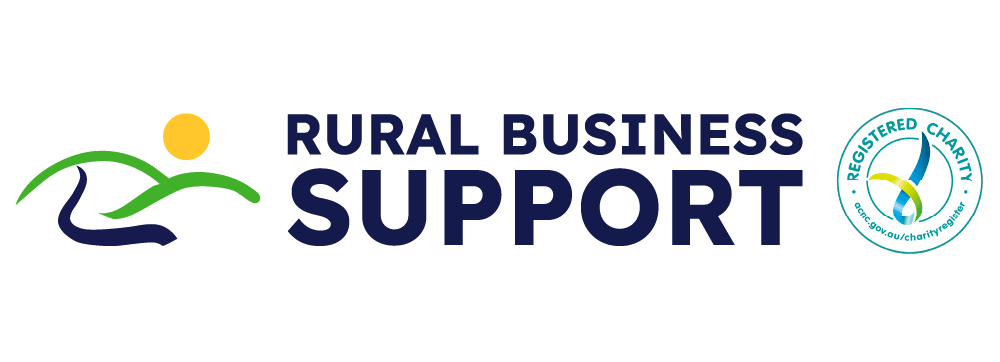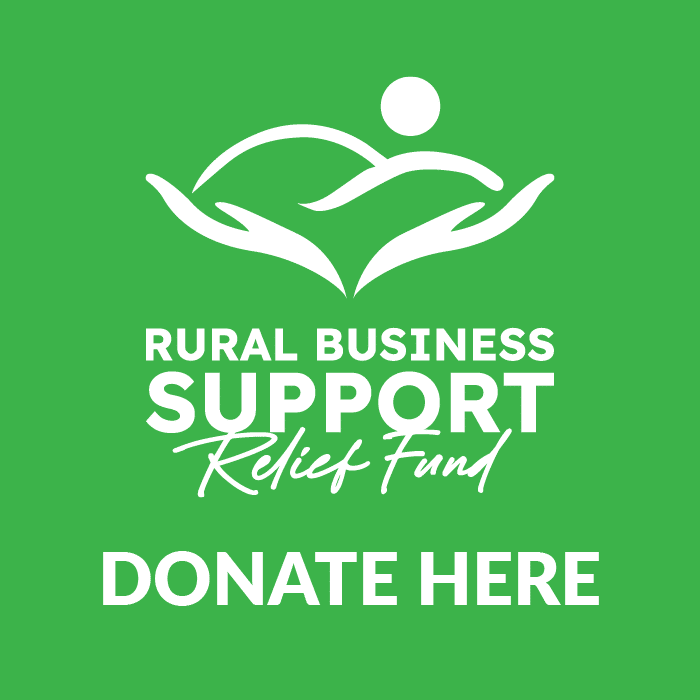Jersey Fresh success continues to flow with support from Dairy FBSR
FAMILY is at the heart of Barossa Valley branded milk business Jersey Fresh, with the Kernich sisters Amy McDonald, Lisa Werner and Paula Menzel taking steps to ensure the business continues to grow and thrive.
Long before branded products became mainstream, the Jersey Fresh brand began appearing on supermarket shelves and at local farmers’ markets 15 years ago.
The sisters, alongside parents Erica and Jeff and brother Mark, installed an on-farm factory, one of the first of its type in the world, to begin bottling, marketing and delivering the fresh milk and cream products that they have become so well known for.
It has helped them to thrive on a relatively small block of 75 hectares, milking 100 Jersey cows in a four-a-side herringbone dairy, in a region where many dairyfarmers have since left the industry. It has also helped them to keep profits up, with a return of $1 a litre at the farmgate, particularly with the well-publicised fall in farmgate dairy prices in 2016.
But while business has boomed, personally the family had a tragic 2016, losing patriarch Jeff in an on-farm accident in August.
Jeff played a key overall role in the business, including cropping, running the dairy herd and managing the branded milk business so his loss was sorely felt by all.
Several months before his death the Kernichs had decided to participate in the pilot program of the Dairy Farm Business Strategic Review run by Rural Business Support.
An innovative program, the review aims to improve farm gate returns by working with dairyfarmers to identify and adopt proven practices in business and production to improve profitability and productivity by developing a strategic action plan.
The Kernichs had previously participated in the Dairy Farm Monitor, a benchmarking program, and recognised the benefits they could achieve through their participation in the new program.
Succession remains an ongoing focus, as the three daughters continue to focus on the business and its outputs – with Amy working across several areas of the business, Lisa focusing on marketing and delivery and Paula the dairy herd manager. Mark, who has Down’s Syndrome, works off-farm as part of a disability workshop and he also covers milking shifts.
“The first thing dad gave to me when I came home in 1999 was the cheque book,” Amy said.
“I’d always wanted to come home and be a dairy farmer ever since I was in Year 6 or 7 and realised that Mark wasn’t going to be able to come home and run the farm.
“Jersey Fresh began because Dad was very passionate about the whole process of food making. We were starting to get landlocked by vineyards and needed to focus on an enterprise that could make the most from what we were able to produce on-farm.
“I completed a cheese making course but ultimately we decided to stick with fresh milk production.”
As the business grew, so too did the sisters’ young families and interests in the family operation. Today, they have nine children and step-children. Their staff also grew, with several delivery drivers and factory staff now employed alongside family members.
“We went from doing everything ourselves to realising that we needed to begin employing someone to help,” Amy said.
“We were always looking to improve what we were doing and work on efficiencies, which is why we decided to participate in the RBS Dairy Farm Business Strategic Review.”
As part of the program the family discussed what their “bugbears” were – their quality of life, gaps in the business, what their interests were and what they wanted to do. They focused on inefficiencies and blockages within the business and ideas for the future.
After each meeting, they were given ‘homework’ and asked to explore ideas raised and potential costs, before deciding what ideas they would prioritise and develop into an action plan.
Actions included replacing the old delivery truck with a reliable new Hino truck with a 1.5 tonne carrying capacity – effectively doubling the amount of milk products they were able to deliver. They bought the new truck at the end of November.
Other actions to be implemented include renovating and expanding the almost 40-year-old dairy from a four-a-side herringbone set-up to eight-a-side with cup removers, reducing the current 2.5-3 hours twice a day that it currently takes to milk the herd. Jeff had already bought the old University of Adelaide’s Roseworthy Campus dairy, but had not yet installed it.
Upgrading and weather proofing the dairy feedlot facility so it can hold up to 100 head, with a night and a day paddock, expanding Jersey Fresh production and upskilling are also on the list. The Carcoola Jersey Stud will continue, as will their show team.
An expansion of the on-farm factory is also a future focus. Currently it runs four-days-a-week and has the ability to process 100 litres every 10 minutes, which is equivalent to 1700 litres a day. Created by New Zealand based company DEPS, since renamed Thermaflo, the factory is housed in an insulated refrigerated shipping container, which including importation, installation, and effluent set-up, cost about $500,000.
“Dad was always very keen on sustainable farming practices and we want to continue with what he taught us. Despite what we may have thought at times, he was always one step ahead with the practices he used here, such as spreading manure on the paddocks and deep tilling the soil. We want to continue this sustainability, as we don’t want to overtax the soil or animals that we have,” Amy said.
“As a family, we have always been striving to produce something better, and with more efficiencies. The Dairy Farm Business Strategic Review helped us to sit down and decide what direction we needed to take with him gone. We were able to sit down as a family, discuss our interests and where we wanted to go. It was good to get a third-party to sit down with us as part of these discussions.”
Amy encouraged other dairy farmers considering the Dairy Farm Business Strategic Review to take part.
“It was a good experience – from the business point of view it was good to look at the figures,” she said.
“It was also very good from a personal perspective. We had done work previously on succession, and we have now contracted another succession planner to work with our family to continue this progress.
“It was a really important business step for us, it helped us to decide where we needed to take the next step, how to move forward and how we could all work together to achieve this especially as we had lost manpower with the loss of Dad.”
The current herd of 180 stud Jersey cows, with 100 milked at any one time, depending on what stage of lactation they are in, produces 16 to 18L per cow per day – equivalent to 6000 to 7000L of quality milk, with a high butterfat content, a week.
Seventy percent of milk is processed through the Jersey Fresh brand, with the on-farm factory running four days a week. The remaining milk is sold to Murray Goulburn, with the Kernichs long-time suppliers.
“We have a very good relationship with our MG field officer,” Amy said. “They are happy to take whatever extra quantities of milk we have. As we concentrate on the fresh milk market it’s important that we have an outlet for our milk and MG fits in well with our operation.”
Products marketed include a 2L and 1L full-cream milk, a 250mL full-cream mini-milk (popular with bed & breakfasts, and sold at the Barossa Farmers’ Market with flavoured straws); 2L and 1L reduced fat milk; a 2L, 1L and 300mL thick dolloping cream. They also sell products in commercial quantities to caterers, cheesemakers and high schools.
They have supplied product to independent supermarkets across the Barossa and as far south as Magill in Adelaide, selling in Foodland, Foodworks and IGA, as well as many butchers. They have also supplied the Barossa Valley Ice Cream Company for the past two to three years as well as many Barossa cafes – with local coffee roasters Bean Addiction developing a coffee bean mix to match and complement the sweet Jersey Fresh milk they sell.
Rural Business Support acknowledges the Minister for Primary Industries and PIRSA for the success and continued support of the Dairy Farm Business Strategic Review.



